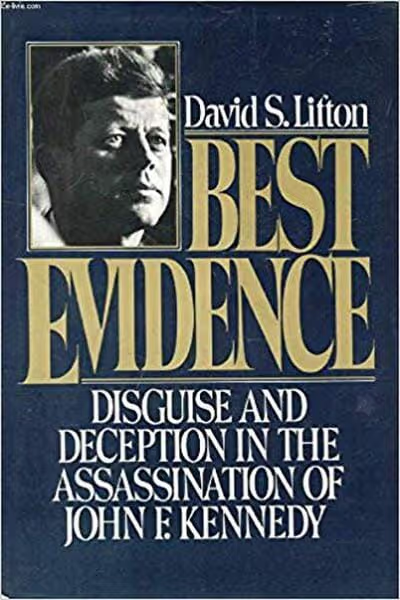Joseph McCarthy
Was Joe McCarthy a vindictive witch-hunter who incited frenzy, damaged the reputations of innocent people, and unleashed a catastrophic carnival of slander and guilt-by-association charges? Were McCarthy and McCarthyism the worst developments in postwar American politics?
Or was McCarthy only a politician with good intentions who embraced a valid topic with the zeal of a true believer?
Maybe something in the middle. Here is a biography of Joe McCarthy that, for the first time, dispels the myths and stereotypes surrounding this key figure in the 1950s "red scare" and reconsiders his life and legacy in light of recently declassified archival sources from the FBI, the National Security Agency, the U.S. Congress, the Pentagon, and the former Soviet Union. Here is the untold tale of America's most despised politician after more than 40 years, free of the hyperbole and prejudice of the past.
Joseph McCarthy tells how this Wisconsin farm lad emerged from a postwar America that had grown more self-assured, and how he represented the hopes and concerns of a generation caught up in the hardships of the Cold War. It demonstrates how McCarthy opposed the Washington political elite and propelled himself into the public eye by using the hot-button topic of Communist espionage in the 1930s and 1940s. The red scare is presented to us in a way that is both far different from and more true than how it is often depicted in the news and in movies.
We now know that the Communist spying McCarthy battled against was incredibly pervasive, reaching the highest echelons of the White House and the top-secret Manhattan Project. Herman has the evidence to clearly demonstrate which of McCarthy's well-known anti-Communist inquiries were accurate (such as the notorious cases of Owen Lattimore and Irving Peress, the Army's "pink dentist") and which were not (including the investigation that resulted in McCarthy's final break with Whittaker Chambers). McCarthy was highly vilified, but he was correct when he claimed that two American UN personnel were Communists. McCarthy came under fire once more when he referred to Owen Lattimore as "Moscow's top spy," yet today we know Lattimore was a willing accomplice in Soviet spy networks. McCarthy frequently went over his means.
In Joseph McCarthy, Arthur Herman reveals the human drama of a fascinating, troubled, and self-destructive man who was often more right than wrong, and yet in the end did more harm than good.






















































